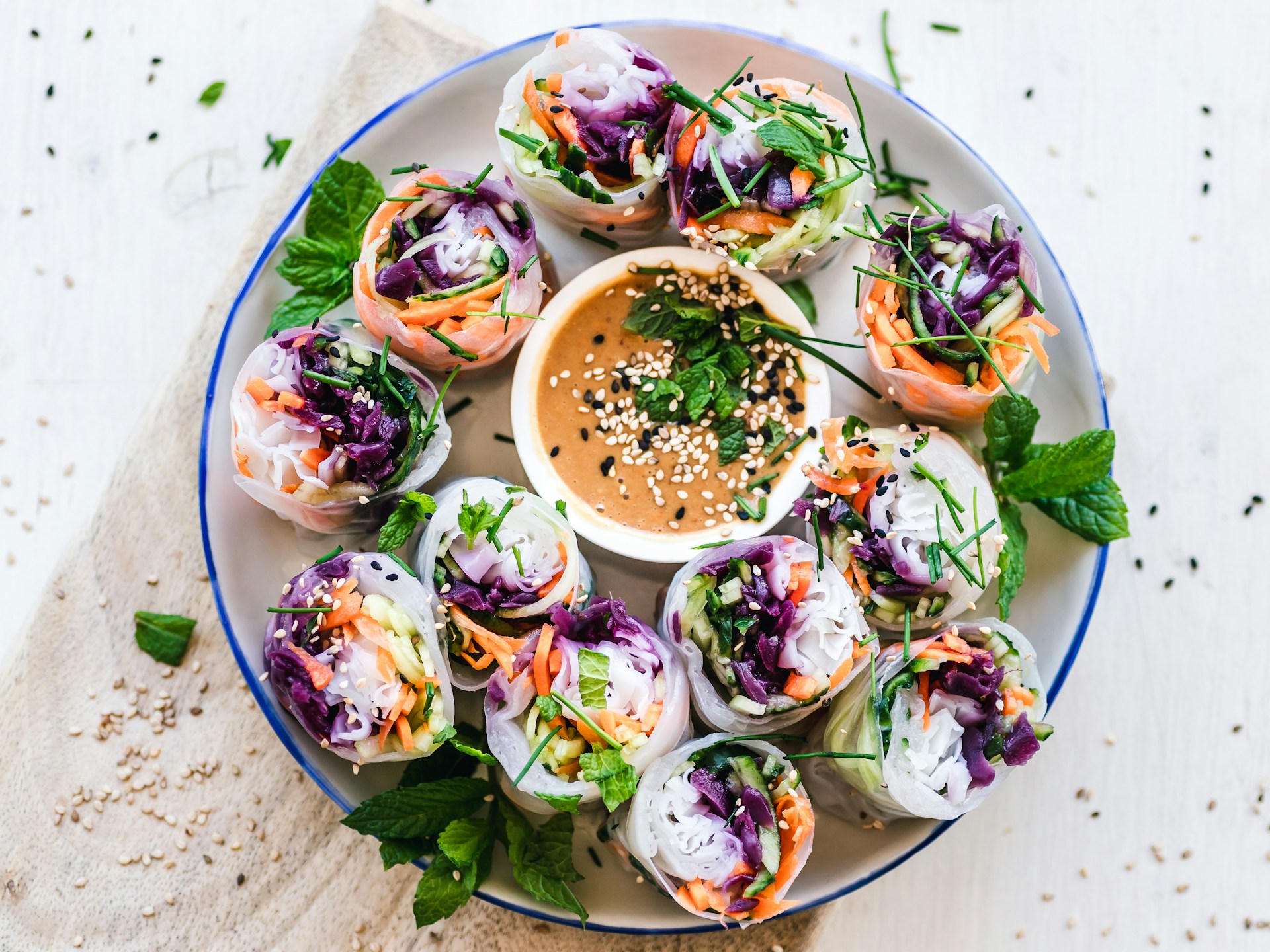
Switching to a plant-based diet isn’t just a fleeting trend; it’s a lifestyle shift with significant health, environmental, and ethical benefits.
Whether you’re considering going fully vegan or simply want to incorporate more plant-based meals into your routine, understanding the essentials of plant-based nutrition can be the key to a successful and sustainable transition.
This comprehensive guide breaks down the core principles of healthy eating on a plant-based diet, the reasons why it matters, and actionable tips to get started.
What is a Plant-Based Diet?
A plant-based diet emphasizes foods primarily derived from plants, including fruits, vegetables, whole grains, nuts, seeds, and legumes. While often confused with veganism, a plant-based diet does not necessarily exclude animal products entirely.
Instead, it focuses on reducing animal-based ingredients and prioritizing plant-derived options. If you’re transitioning to plant-based eating, start small by substituting plant-based proteins like beans or lentils for meat a few times a week.
Why Switch to a Plant-Based Diet?
Adopting a plant-based diet is beneficial for your health, the planet, and even your wallet. Here’s why this dietary approach matters:
1. Health Benefits
A diet centered on whole, plant-based foods offers numerous health perks, including:
- Reduced Risk of Chronic Diseases: Studies point to a lower risk of heart disease, type 2 diabetes, high blood pressure, and certain cancers among those who follow a plant-based diet.
- Better Weight Management: Plant-based foods tend to be lower in calories and higher in fiber, making you feel fuller for longer without over-consuming.
- Improved Digestion: Fiber-rich plant foods aid in digestion and promote gut health.
2. Sustainability and Environmental Impact
Choosing plants over animal products significantly reduces your carbon footprint. Here’s how:
- Producing plant-based foods uses less water, land, and energy than large-scale animal agriculture.
- A vegan or plant-based diet generates fewer greenhouse gas emissions, helping combat climate change.
3. Ethical and Compassionate Eating
For many, transitioning to plant-based eating is also about supporting animal welfare and reducing suffering in the food chain.
Mastering Vegan Nutrition Basics
Transitioning to a plant-based diet doesn’t mean you need to sacrifice nutrition. The key is balance and variety. Below are the core nutrients to pay attention to when adopting this lifestyle.
Protein
One common misconception about plant-based diets is that they lack sufficient protein. However, plenty of plant sources are rich in high-quality, complete proteins.
Some of the best sources include:
- Lentils
- Chickpeas
- Quinoa
- Tofu and tempeh
- Edamame
Calcium
While dairy is a common source of calcium, plant-based eaters can meet their calcium needs through alternatives such as fortified plant milks, almonds, kale, bok choy, and tahini.
Iron
Iron is crucial for oxygen transport in the body, and plant-based diets can provide plenty of it with the right food choices, like lentils, spinach, pumpkin seeds, and fortified cereals. Pair iron-rich foods with vitamin C (like oranges or bell peppers) to enhance absorption.
Vitamin B12
B12 is mainly found in animal products, so supplementation or the inclusion of fortified foods like nutritional yeast is often essential for plant-based eaters.
Omega-3 Fatty Acids
For heart and brain health, include plant-based sources of omega-3s, like flaxseeds, chia seeds, and walnuts, in your diet.
Building a Balanced Plant-Based Plate
To create nutritionally balanced meals while following a plant-based diet, use the following structure:
- Half Your Plate with Vegetables and Fruits: Aim for variety and incorporate different colors (eat the rainbow!).
- A Quarter with Whole Grains: Brown rice, quinoa, whole wheat bread, or oats will give you sustained energy.
- A Quarter with Protein: Legumes, tofu, tempeh, or a combination of nuts and seeds work excellently.
- Add a small portion of healthy fats, like avocado, walnuts, or olive oil.
Practical Tips to Transition to a Plant-Based Diet
For many, the idea of fully adopting a plant-based diet can feel overwhelming. Start with these small steps to make the switch manageable and enjoyable:
- Start Small
Begin with “Meatless Mondays” or swap out one meal a day for a plant-based alternative.
- Explore Plant-Based Alternatives
Brands like Beyond Meat, Oatly, and Daiya offer excellent substitutes for meat, milk, and cheese that make the transition easier.
- Experiment with Recipes
Try new cuisines that naturally highlight plant-based options, like Mediterranean, Indian, or Thai. Search for recipes that prioritize legumes, vegetables, and grains.
- Meal Prep and Plan
Planning meals will save you time and help you avoid processed or unhealthy options.
- Educate Yourself
Learn about the nutritional needs of plant-based diets and educate yourself on vegan nutrition to ensure your meals are balanced and provide all the necessary nutrients.
- Join a Community
Connect with like-minded individuals via social media groups, meetups, or food blogs for recipe ideas, support, and encouragement.
Plant-Based Diet Myths
“It’s Too Hard to Get Enough Protein.”
False! Protein is abundant in plant-based foods. A bowl of lentil soup or a tofu stir-fry can provide all the protein your body needs.
“Plant-Based Eating is Expensive.”
Eating plant-based can save money. Staple proteins like beans, lentils, and grains are far more budget-friendly than meat.
“Vegan Food is Bland.”
With the right spices and cooking techniques, plant-based meals can be incredibly flavorful and diverse. Think creamy coconut curries, roasted veggie pizzas, or smoky grilled eggplant.
Adopting a Plant-Based Lifestyle
Switching to plant-based eating isn’t about perfection; it’s about progress. A plant-based diet helps you make healthier food choices while benefiting the environment and supporting ethical farming practices.
If you’re ready to explore the power of plant-based nutrition, start small but stay consistent. Each step you take toward healthy eating is a step toward a healthier, happier world.










